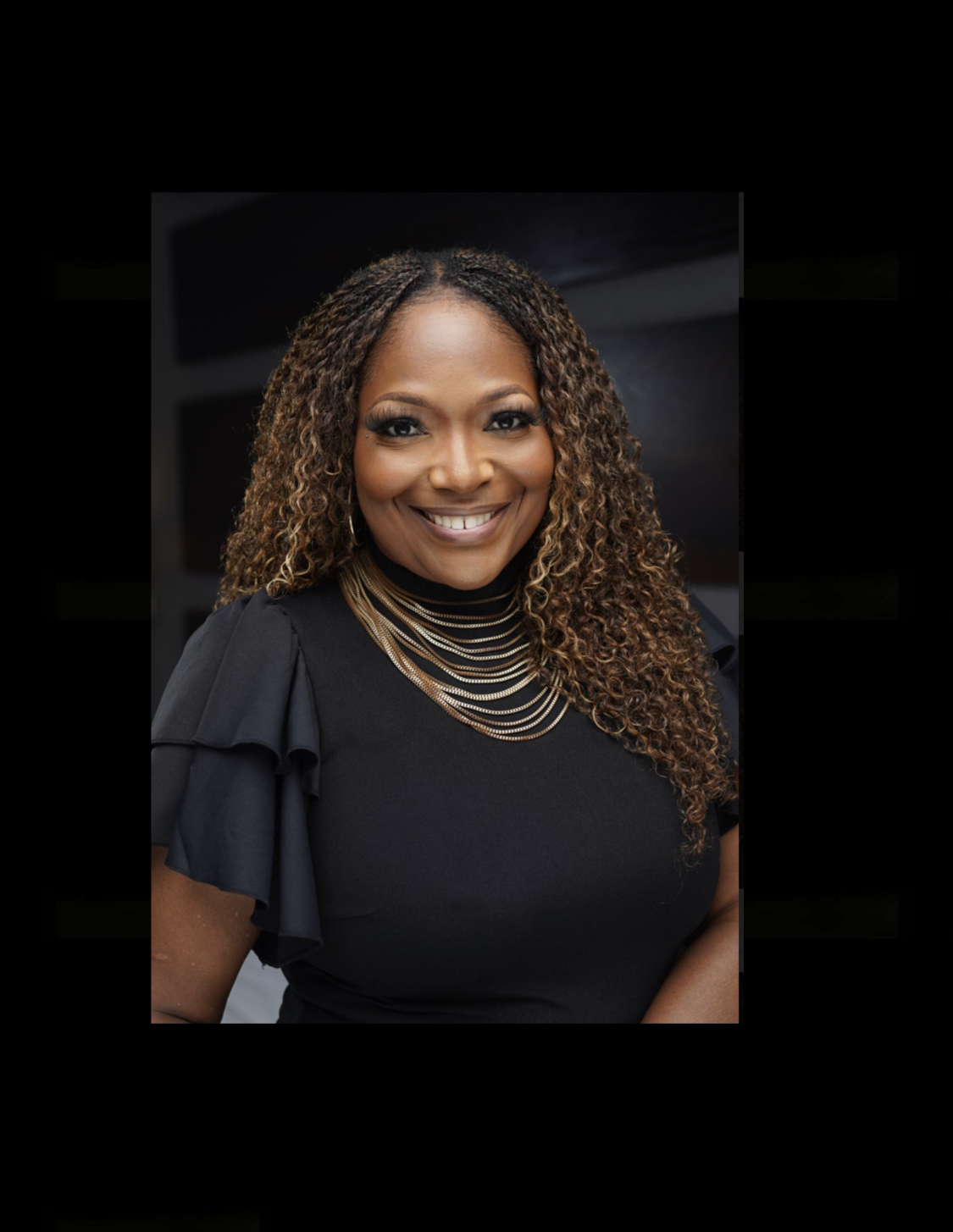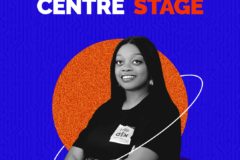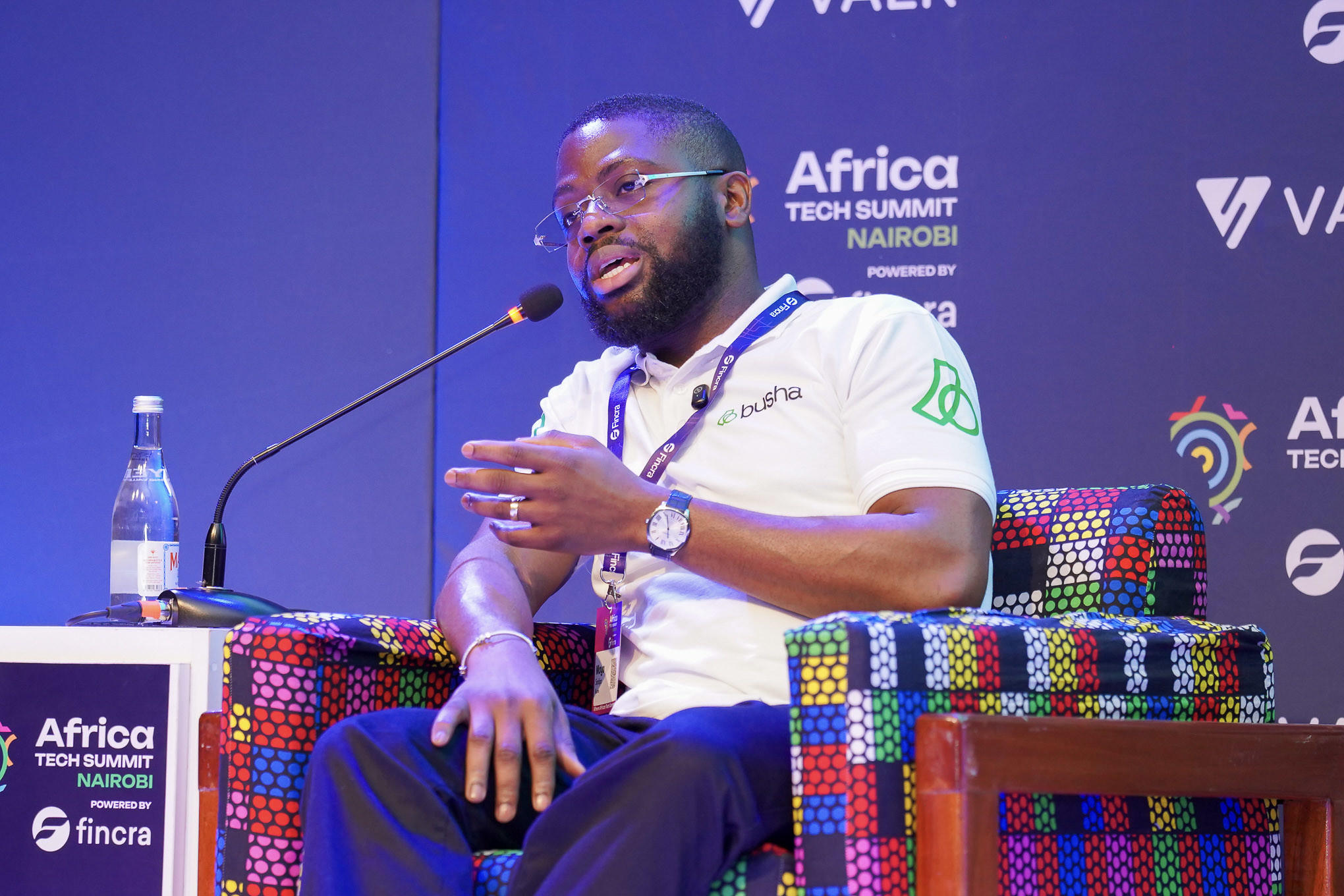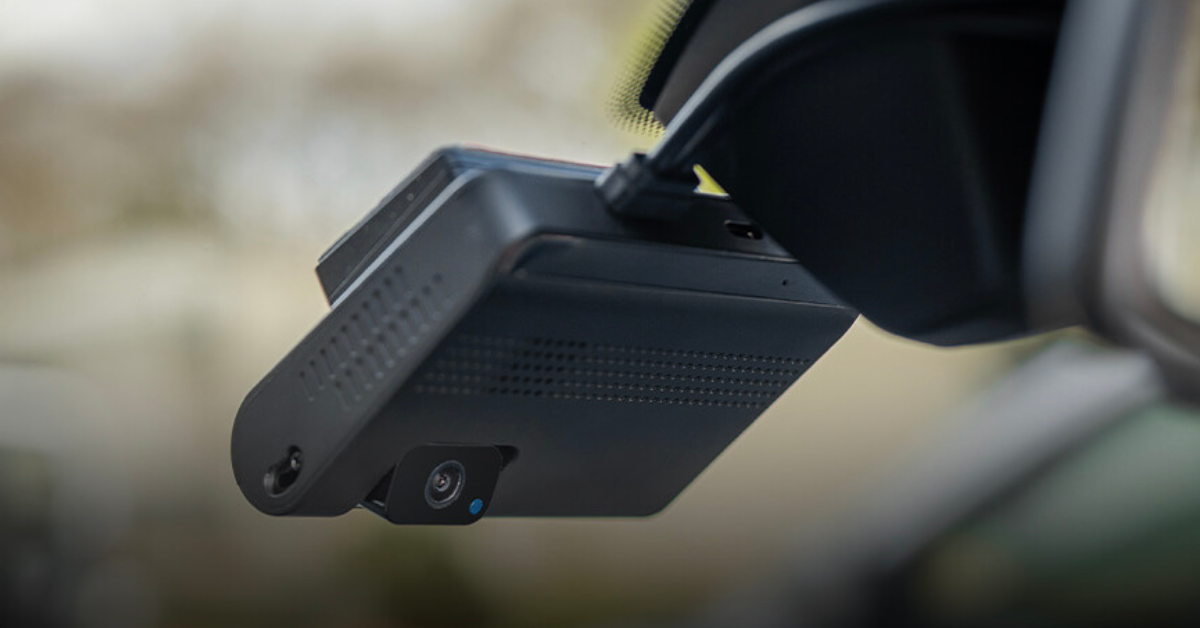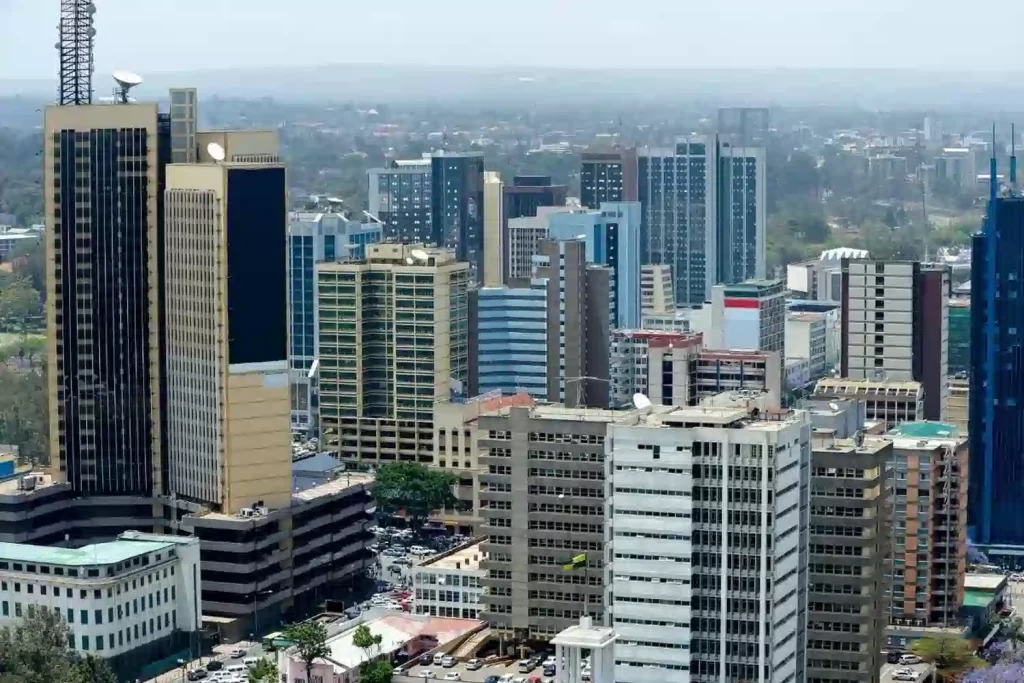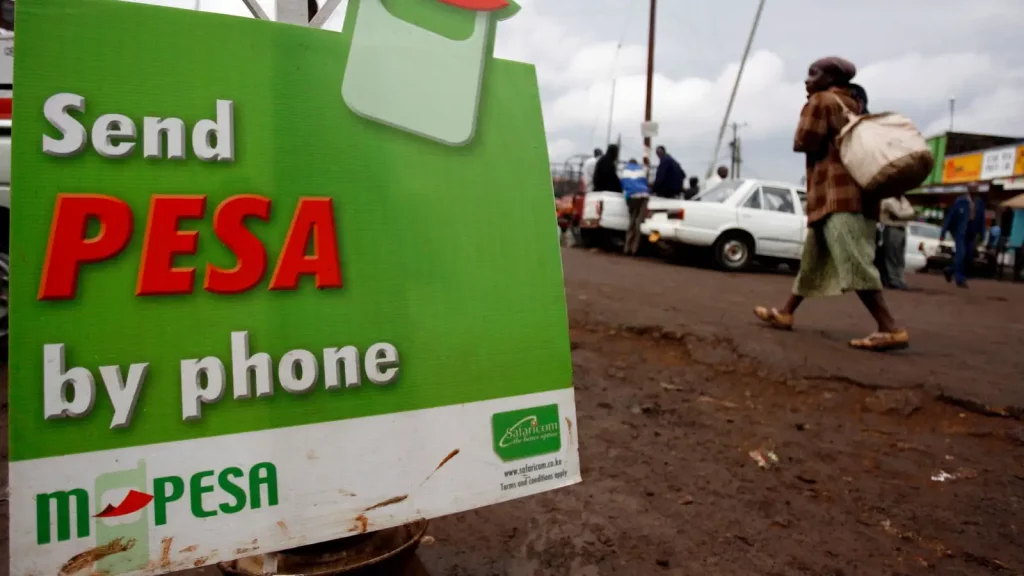Claudine Moore is a PR and communications expert with an impressive PR and communications career spanning Africa-focused start-ups, heritage brands, and African organizations in multiple international markets. A trip to Ghana in 2010 inspired her to use her PR experience to help African startups navigate marketing and media relations as well as shape public perceptions for good. Claudine also runs a mentorship program called The Future is Female Mentorship Program, where African female founders in the tech ecosystem learn the fundamentals of PR and communications. The third cohort kicks off in September with 25 female founders across 36 African countries.
TechCabal: Can you tell us about yourself and how you got started in PR?
Claudine Moore: I never planned to get into PR. I am a qualified psychotherapist and counsellor, but after my education, I found the income level dissatisfying and so I began to explore other career options. I eventually landed a job in the PR department of the British Tourism Authority and discovered that I thoroughly enjoyed it. After several months, I moved to another job at MRM Partners where I worked as a coordinator doing international PR. I remained in PR until I launched my own firm, C. Moore Media International PR.
TC: How has it been working with Africa–focused businesses? What differences occur in the African market?
CM: I became very interested in Africa in 2010. Because I was raised by parents who were Pan-Africanists, I was deeply interested in Africa and wanted to do whatever I could to improve representation for Africans in the global market. After a trip to Ghana in 2010, I decided to start C.Moore Media.
I think a nuance to working here is that brands’ knowledge of PR is not as comprehensive. There is some level of confusion as to what constitutes marketing, advertising, and PR.
TC: What’s the difference between PR, advertising, and marketing?
Advertising makes a brand visible, but it is not what makes people buy the brand. PR and communications are what move the needle and call people to action. PR does this by engineering the perception of the brand and increasing people’s appetite for it, whether it is a person, product, or project. This distinction is not easily understood by businesses across Africa, although we are witnessing a change. Organizations like Africa Communications Week have also been really pivotal in helping drive the understanding and value of PR and communications across Africa.
TC: Congratulations on your partnership with Alisson and Partners. What inspired this move and what can we expect?
CM: C.MooreMedia has become a part of Allison and Partners’ to give the tech practice a sure footing in Africa. C.Moore Media has been doing commendable work on the African continent, but it was a boutique firm with limited resources. This move endows us with more resources for creativity, research and development, which we will deploy into projects we have always wanted to do, such as proprietary research and robust market analysis. With the resources of a global agency available to us, we will be able to give our clients in the African tech ecosystem increased visibility to investors and more data-driven PR communications.
TC: You have a reputable mentorship program for women. Can you tell us why you initiated this program?
CM: It all began in March 2020. The world was in chaos due to the pandemic and we had lost about 80% of our businesses. This led me to wonder how smaller businesses and startups were navigating this pandemic, and from reports, it was apparent that they were having an even harder time than we were.
I started doing some reading and stumbled upon reports that showed how female founders were getting a smaller slice of the funding pie, despite being just as educated and qualified as their male counterparts. This was when I decided that I wanted to help. My company is not a VC company and we can’t write a cheque, but we can show these women how to raise visibility, project their organization, and ultimately position themselves to get that funding. That’s what we set out to do by launching this mentorship program dedicated specifically to African female tech founders. We launched the program in 2020, on Africa day and have run it every year since.
TC: When it comes to PR, what unique challenges do you think African female entrepreneurs face that their male counterparts don’t face?
CM: One of the challenges they face is not being taken seriously. When female founders build something for fashion and beauty, it is easier for them to be taken seriously than when they get involved in male-dominated spaces like health and fintech. This is why I try as hard as possible to make sure that the resources and speakers that I invite to the program are women. This is to reinforce our understanding that women are just as capable as men and to build their confidence.
TC: How do you measure the results of the program? What are certain pointers that you look out for to indicate that your work is having the desired impact on participants?
CM: The aim of our program is to help women grow and position their startups for funding and that’s what we look out for when measuring success. We have had several notable results from these programs with one of the most inspiring being Shamim Kaliisa. Kaliisa is a Ugandan entrepreneur who is leveraging artificial intelligence and drone technology to help women in rural areas access cancer screening. After participating in our mentorship program and using the PR and Communications techniques that we taught, her project, Chil AI Lab, started to gain visibility and attract investors. She drew the attention of Micheal Bloomberg, the former mayor of New York and was invited to be a part of the Catalyst Fund. We have seen other participants get foreign investments and heavy press attention after the program, and that’s how we know that our work is having the desired impact.
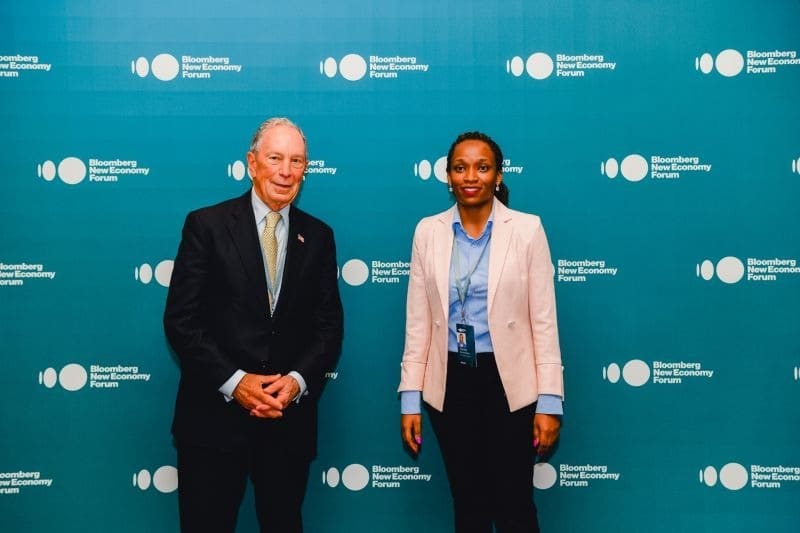
TC: The Future is Female is a learning experience for participants, but I am sure that your team is learning a lot about them in turn. Can you share a few of those findings with us?
CM: We have realised that a considerable number of founders are not well aware of the important role digital marketing has in the PR and marketing of a startup. Based on this feedback we included a digital marketing mentorship session to make them understand how important websites, social media, and newsletters are in growing their brand audience. The other thing I have realised is that representation matters. Our participants get so much out of seeing people that look like them leading this program.
TC: What can we expect from the 3rd edition of TFIF?
CM: While the past cohorts were great, this one is going to be even better. We’ve expanded our partnerships with organizations like TechCabal. We will also be exploring more topics with more sessions. One such session will be on the importance of partnerships and growth strategies and how to create them. We also have a session with African Communications Week, another one of our partners. They will teach the participants how to practice PR and communications to a Pan-African audience.









